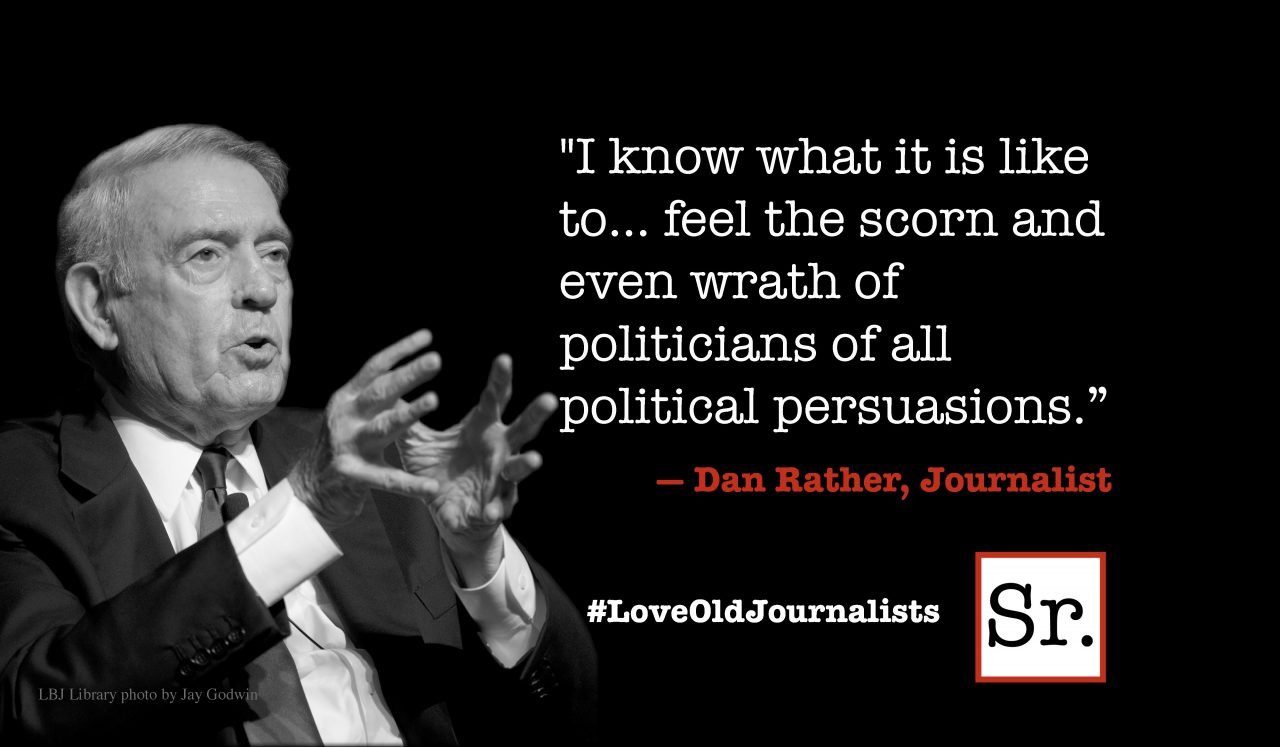Having recently completed a six-column series on the emerging church, the question arises as to whether this religious phenomenon will make any difference in how the world deals with its most difficult problems. Religion has been a mixed bag. Its capacity for evil is outranked only by war, greed and the thirst for territory. When ultra-conservative religion is combined with ultra-conservative politics, the result is often horror. Religion has the capacity, and at times the willingness, to deny human value in much it has touched. Consider its traditional treatment of women, the inquisition, the Salem witch trials, various forms of apartheid, the religious blessing of slavery—and much more.
On the other hand religion has been the world’s most humanizing and redemptive force. It has produced hospitals, universities and other noble cultural structures, which have been the safety net, called civilization, over the jungle. In our national history religion has stood by, supported, financed and staffed economic freedom, the end to slavery and segregation, human and civil rights, world peace, universal education, the rights of labor, care for children and the elderly, women’s rights, and in our day GLBTQ equality. At the same time religion has been an effective voice on the other side of all these issues.
In most of the last century religious institutions, including councils of churches, congregations and denominations, provided the backbone for every positive initiative from the peace movement to the quest for civil rights. It staffed and funded almost every effort to humanize society, with particular emphasis on those persons society had left out. With the decline of the mainline churches and their institutions, and the rise of right-wing religion, the scene changed radically, and religion—particularly Christianity—became identified with tea party Republicanism. In the popular mind “Christian” meant a right-wing conservatism that no longer espoused a creative social ethic. Religion could no longer be counted on in the struggle for human equality, peace and the inclusion in the national fabric of the marginalized.
If, for instance, once the church supported organized labor, it now appears that it opposes every advance for workers’ rights. The humanizing advances in Roosevelt’s New Deal and Johnson’s Great Society are now faced with an effort to wipe out all these advances through an effort spearheaded by a coalition of religious and political conservatives. (Note: A trusted critic has reminded me that I often lump all evangelicals as politically right-wing. He mentioned Jim Wallis as an example of an evangelical who has been in the forefront of support in many humanizing struggles.)
Will an emerging form of religion reverse these phenomena and be enlisted once again in the call for a progressive social agenda? It is whimsy to suggest that these loose-structured individual units will effectively replace the former sturdy structures of America’s powerful denominations. Having no national organizations, assemblies or staffs, they stand devoid of the critical resources necessary for effective national action. Thus the relationship between the church and a socially liberal dynamic may not exist. As time moves on, it may be that some form of national bodies might develop. But that seems a distant possibility. In the meantime, what is left of traditional ecclesial structures will continue to exert their diminished influence on issues where they have stood strong.
There may be, however, another outcome to the emerging church movement. Without the trappings which have muddied the water between church and state, a new breed of religiously motivated advocates may form coalitions with dynamic secular bodies—such as Move On—and become potent forces in what have been liberal causes. One thinks of global warming, economic disparity, gun control, capital punishment, marriage equality and world peace. Too often, and even yet, progressive religious voices have been muted because even in liberal churches, a conservative constituency has either blocked or slowed action. Freed from traditional constraints, a fresh, highly motivated generation of people committed to an experiential, not a doctrinally based, religious imperative may have an effect on the world’s most serious problems. As Diana Butler Bass has put it, the emerging church seems committed to “A great turning toward global community based on a shared human connection, dedicated to the care of the planet, committed to justice and equity, that seeks to raise hundreds of millions from poverty, violence and oppression.” And that may be part of the world’s best hope.








